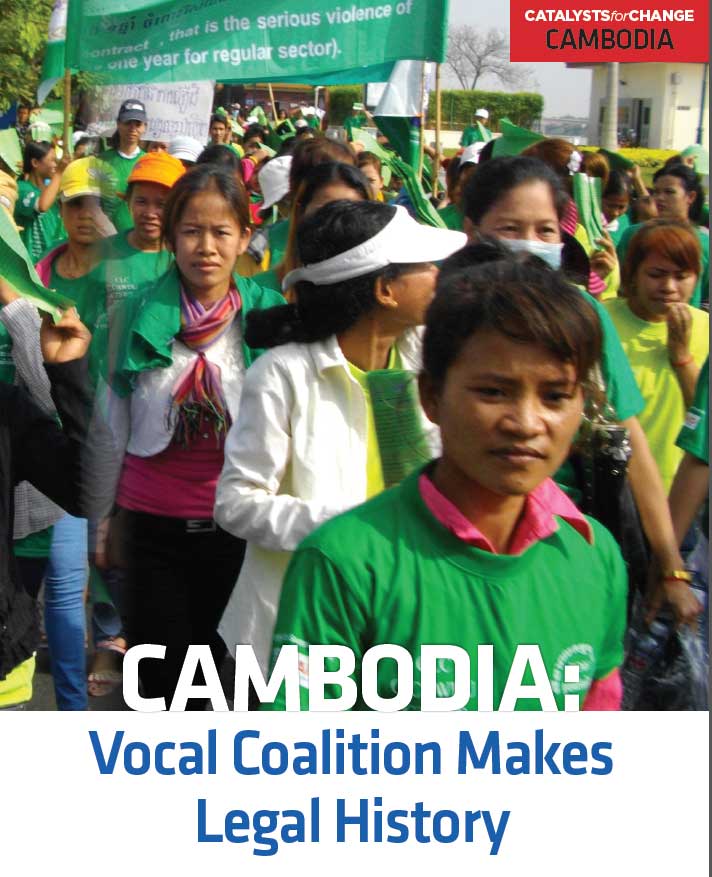
Mar 24, 2013
Cambodia’s nascent independent labor movement and human rights organizations worked to revise a labor law proposed in 2011 that would have significantly rolled back worker rights—and a Solidarity Center report describes how they did it.
English (PDF)
Arabic (PDF)
French (PDF)
Spanish (PDF)
Sources
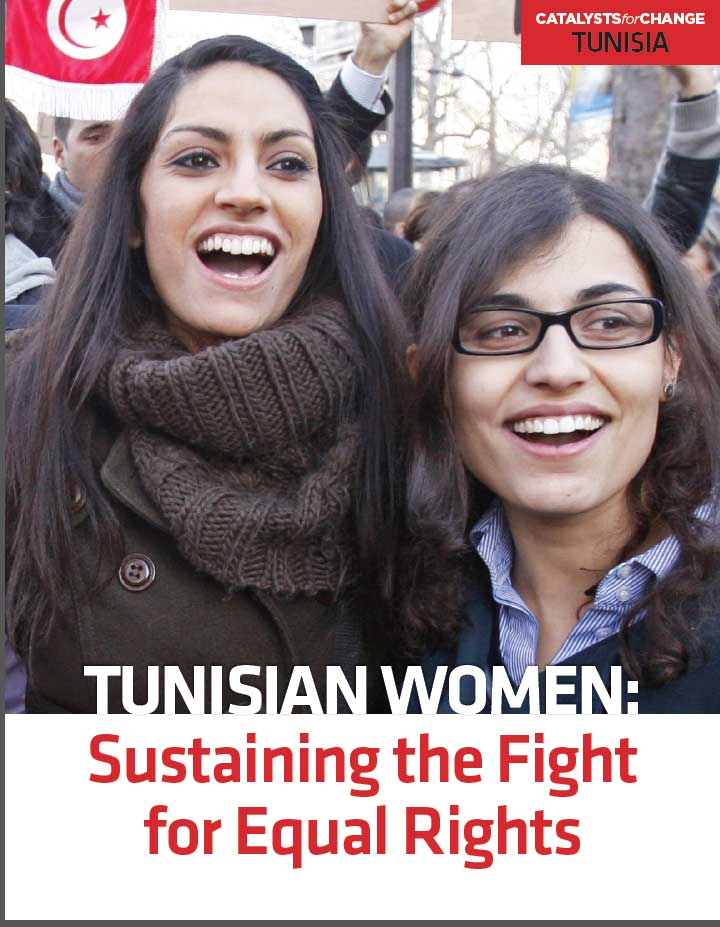
Feb 24, 2013
In 2011, Tunisian women helped spur protests and end autocratic regimes in Tunisia and throughout the Arabic-speaking world. Today, a Solidarity Center report finds Tunisian women remain in the forefront of ensuring democratic change in their country during the difficult years of government transition.
English (PDF)
Arabic (PDF)
French (PDF)
Spanish (PDF)
Sources
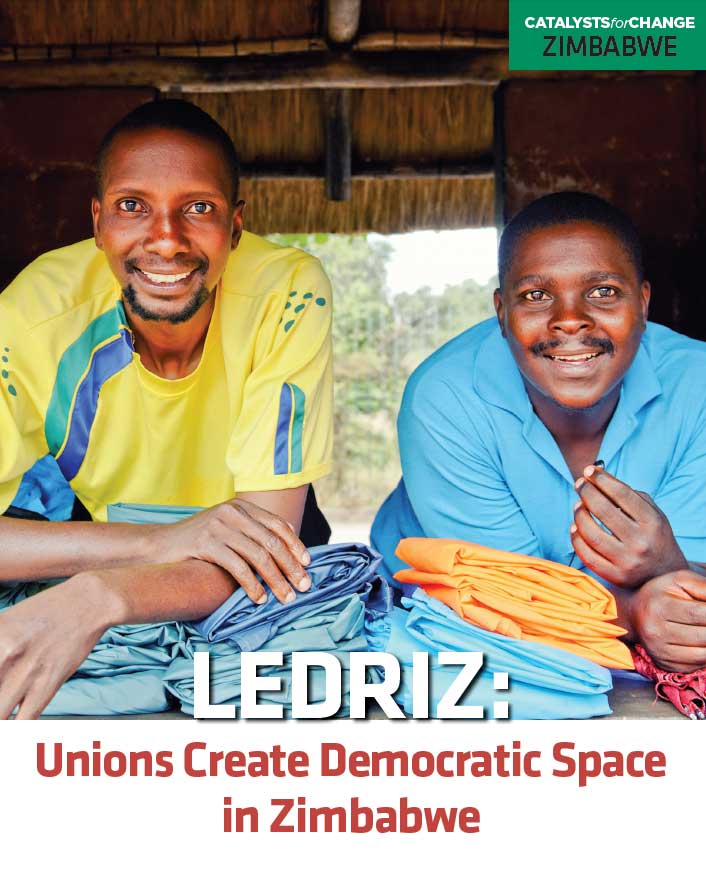
Feb 24, 2013
Unions in Zimbabwe are ensuring the concerns of working people are heard—while highlighting issues feeding into the nation’s poverty crisis, a Solidarity Center report finds.
English (PDF)
Arabic (PDF)
French (PDF)
Spanish (PDF)
Sources
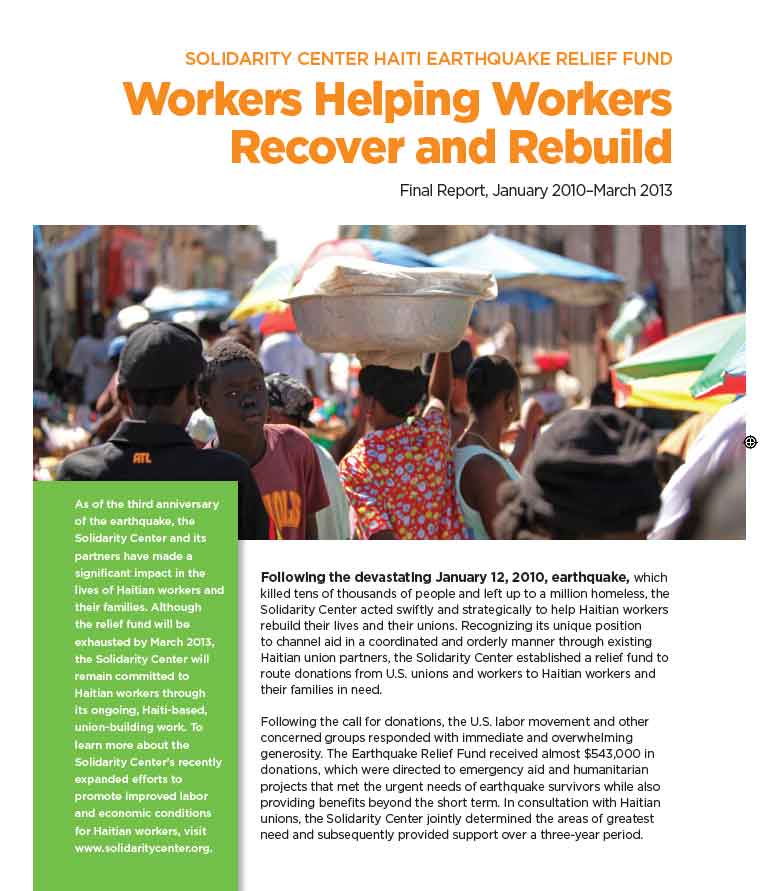
Jan 24, 2013
Following the devastating January 12, 2010, earthquake in Haiti, the Solidarity Center established a relief fund to route donations from U.S. unions and workers to Haitian workers and their families in need. The final report on these efforts, released on the third anniversary of the earthquake, describes how the Solidarity Center and its partners have made a significant impact in the lives of Haitian workers and their families.
Download here.
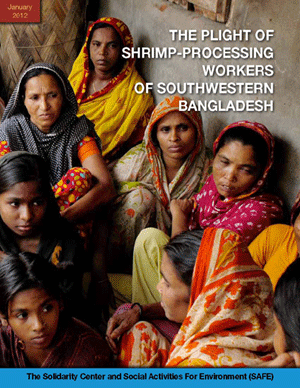
Nov 24, 2012
Bangladesh’s labor code addresses pay, working hours, and on-the-job conditions. However, in the shrimp-processing industry, the code is not being adequately enforced. Bangladeshi shrimp-processing workers—the majority of whom are women—still face inadequate health and safety protections at work and receive less than the minimum wage, among other violations of their rights.
Download here.
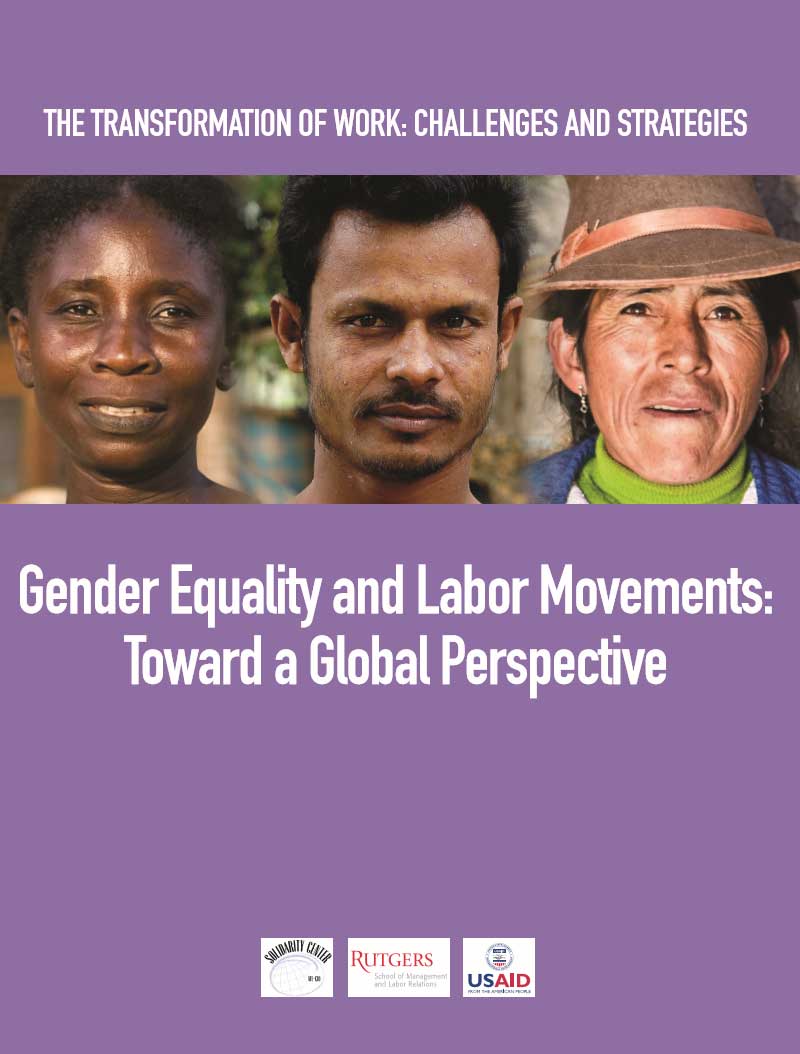
Sep 24, 2012
A critical review of the English-language research on gender equality and labor movements highlighting “best practice” case studies around the world most relevant to those engaged in building democratic and humane societies. This Solidarity Center report is part of a multiyear research project, funded by the U.S. Agency for International Development, to study the informal economy, migration, gender and rule of law together with research partners Rutgers and WIEGO.
Download here.






